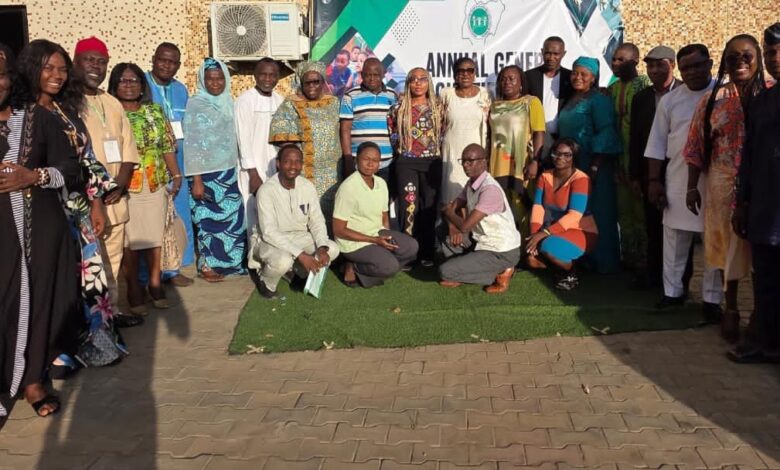
By Prosper Okoye
The Association for Orphans and Vulnerable Children in Nigeria (AONN) has called on government agencies, civil society, and development partners to strengthen efforts to protect vulnerable Nigerians.
This appeal was made at its Annual General Scientific Meeting (AGSM) in Abuja, themed “Strengthening Social Protection Systems for Vulnerable Populations: Bridging Gaps in Healthcare, Education, Nutrition, and Livelihoods.”
The meeting brought together delegates from all 36 states and the Federal Capital Territory to assess the current state of social protection and explore strategies for improving support systems nationwide.
Speaking on behalf of the Board of Trustees, Dr. David Akpan reaffirmed AONN’s commitment to supporting children with disabilities, those exposed to violence, and children living on the streets, despite persistent funding constraints. He noted that the organisation’s family-centred approach remains central to strengthening resilience among children and caregivers.
“This discussion could not be more timely,” he said, urging stakeholders to reinforce existing systems to secure the wellbeing of vulnerable children across Nigeria.
The Board Secretary, Dr. Grace Dafiel, echoed this concern, highlighting the worsening security landscape and its direct impact on children. She described the recent wave of mass kidnappings—over 200 abductions and killings across several states within 48 hours—as a stark indicator of weakening protective structures.
“Safety nets are collapsing under the weight of insurgency and crisis,” she said. “We must re-strategize and empower communities so that these children are not left to become instruments of future instability.”
AONN’s National Coordinator, Marcus Williams, emphasized that strengthened social protection systems—particularly in healthcare, education, nutrition, and livelihoods—are essential for improving child wellbeing. He outlined the Association’s shift toward social-enterprise financing as external funding declines.
According to him, social enterprises such as public sanitation services, car wash centres, community road-cleaning programmes, school support initiatives, and healthcare payment platforms generate revenue that is reinvested into emergency response efforts and support for families on the national social protection register.
“Our objective is to ensure that vulnerable Nigerians, regardless of age, receive the support needed to overcome entrenched forms of deprivation,” Williams said. He added that these initiatives align with national development priorities and the Sustainable Development Goals, while also building community resilience.
Williams condemned the rising attacks on schools and stressed that social protection must complement security interventions. “A holistic approach allows us to identify key stakeholders, strengthen school infrastructure, and support intelligence-sharing that can prevent future kidnappings.”
AONN’s Assistant National Secretary, Amb. Aji Rachael, emphasized the need for wider adoption and implementation of the National Social Protection Policy. She noted that progress remains uneven across states.
Reflecting on institutional performance, she highlighted improvements in communication and coordination since the previous AGSM, citing the launch of a new website, active WhatsApp platforms, and enhanced information-sharing mechanisms.
Rachael also welcomed the productive relationship between AONN and the Federal Ministry of Women Affairs, particularly through the national technical working groups where AONN representatives advocate for the needs of vulnerable children.
She affirmed that the Association will increasingly prioritise policy advocacy and sustainable protection systems rather than relying solely on direct service delivery.


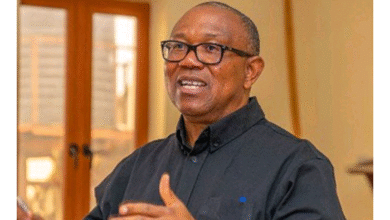
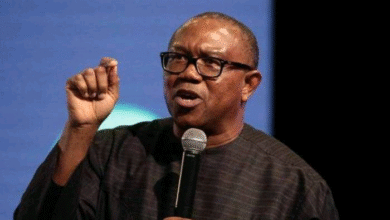
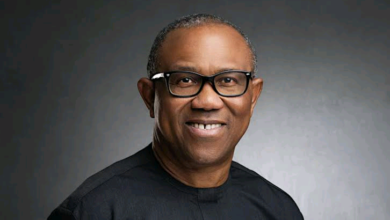
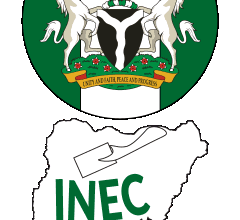
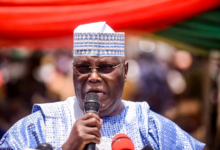
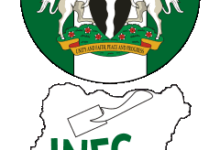
Dice games are surprisingly mathematical! Seeing platforms like jili56 app focus on quick play & data insights is smart-speed and strategy are key to enjoying these games, right? Fast verification sounds great too!